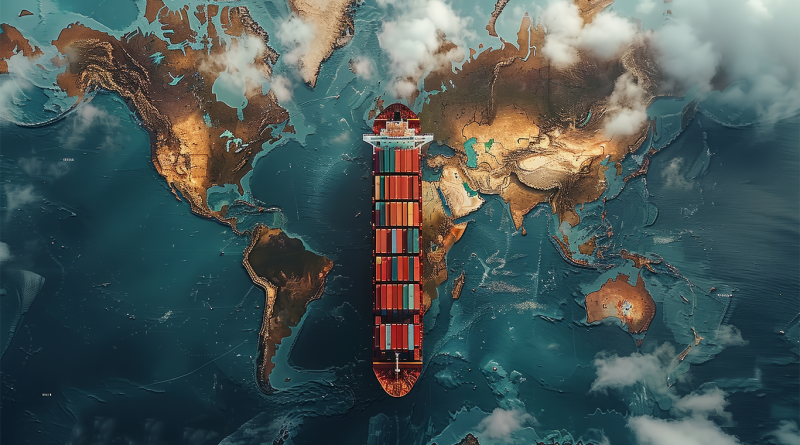Transforming Africa’s Supply Chains: The Role of AI, Blockchain, and IoT
Africa’s supply chains have long faced inefficiencies, driven by limited infrastructure and visibility issues. However, digital solutions like AI, blockchain, and IoT are changing the landscape, enhancing efficiency, transparency, and cost management across industries. These technologies have provided a way for businesses to overcome logistics hurdles across the continent’s vast geography.
Digital technologies are revolutionizing how goods move across Africa. Blockchain offers enhanced traceability for critical industries like agriculture and pharmaceuticals. AI and IoT, utilizing sensors and predictive analytics, enable real-time monitoring of assets, optimizing both supply and demand. For instance, the use of blockchain in Kenya’s tea industry has significantly reduced fraud by improving product traceability.
Another notable example is South Africa’s adoption of IoT in cold chain logistics, which monitors temperature-sensitive goods such as pharmaceuticals and perishable foods. A McKinsey report estimates that supply chain digitization can improve productivity by 30% in developing regions, a significant opportunity for Africa.
Digital Innovation in Action
The rise of digital solutions enhances operational efficiency and collaboration across Africa’s supply chains. Companies can now track shipments in real-time, preventing delays and minimizing risks. AI-driven predictive analytics ensures better demand forecasting, preventing stock shortages and improving customer satisfaction.
IoT-enabled systems also streamline inventory management, automating stock levels. In Nigeria, the logistics start-up Kobo360 leverages AI to match cargo owners with available trucks, reducing transport costs and delivery times. As e-commerce continues to grow, small and medium-sized enterprises are empowered to expand their market reach, capitalizing on improved logistics and greater visibility.
Despite the potential, several barriers hinder the widespread adoption of digital technologies in Africa’s supply chains. Infrastructure challenges, such as unreliable internet and power supply, remain significant. Additionally, a lack of regulatory frameworks and varying levels of digital literacy can slow progress. Another notable barrier is the high cost of digital solutions, particularly for small businesses and start-ups, which often struggle to afford the latest technologies. However, initiatives like the African Continental Free Trade Area (AfCFTA) aim to address these challenges by promoting cross-border trade and more integrated digital systems, fostering growth in digital logistics.
Africa’s supply chains are set to be deeply transformed by advancements in both technology and infrastructure. The implementation of 5G networks across the continent will further enhance the connectivity of IoT devices, enabling real-time monitoring and seamless communication, particularly in remote regions.
Blockchain will play a pivotal role in ensuring trust and transparency, especially in sectors like agriculture and pharmaceuticals. As African markets grow, innovations like drone delivery systems are expected to optimize last-mile logistics, making supply chains more agile and responsive to both urban and rural demands. According to the World Economic Forum, advanced digitization could lower supply chain costs by 10-20%, contributing to sustainable economic growth across the continent – all while fostering long-term competitiveness and resilience across the continent’s logistics networks.
Sources:
